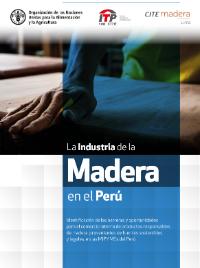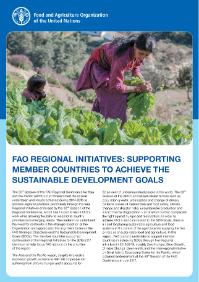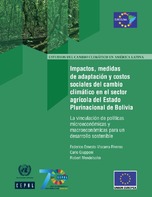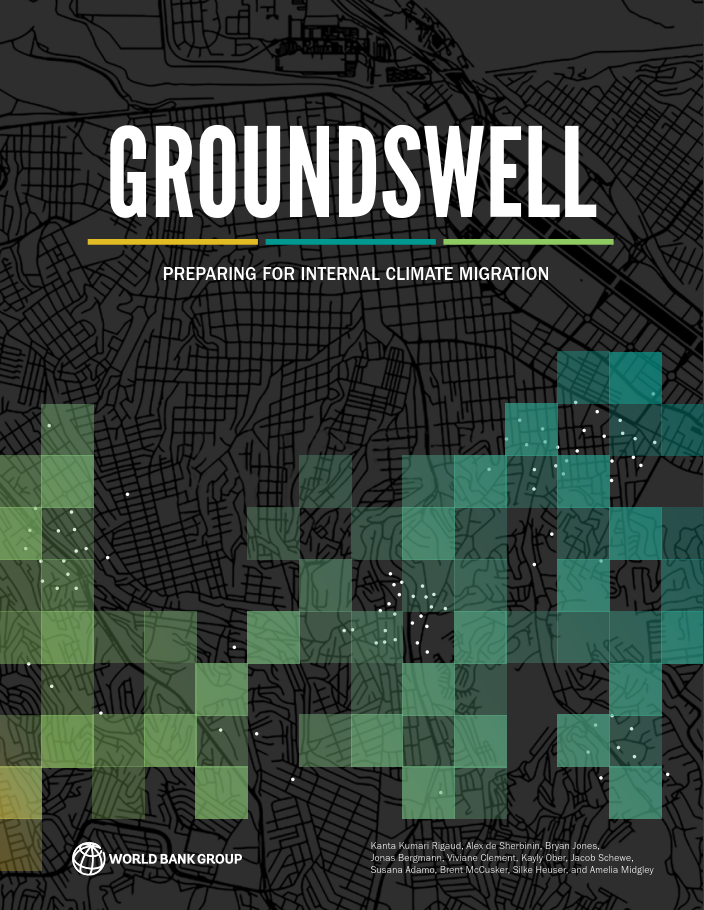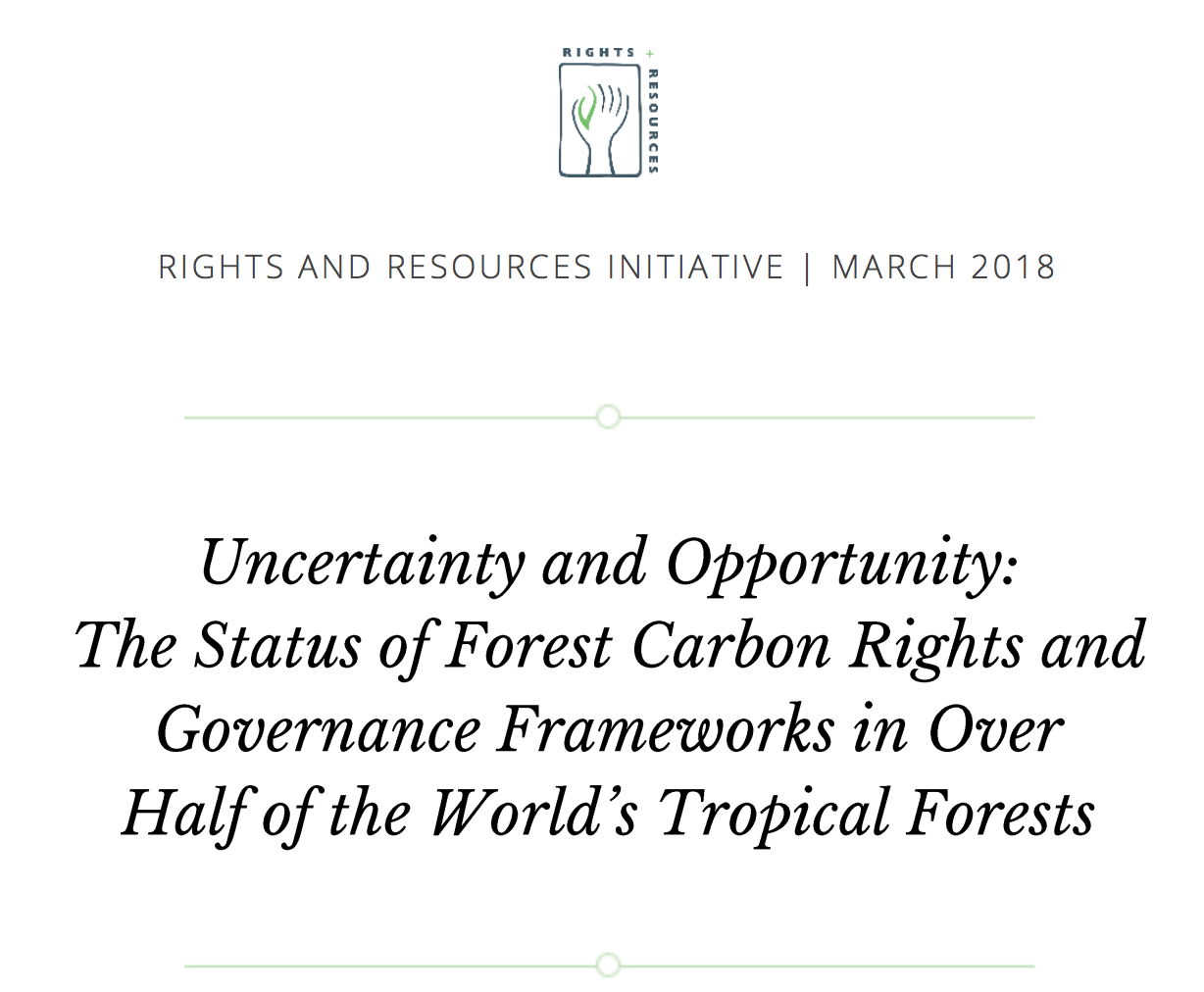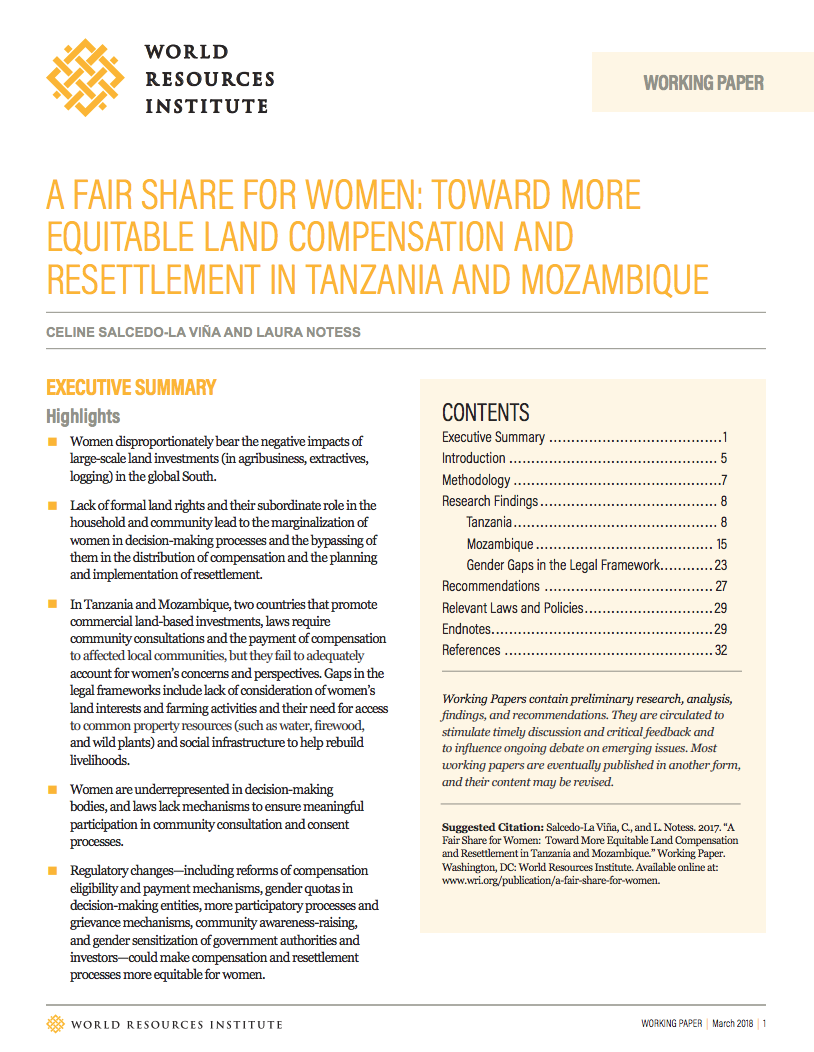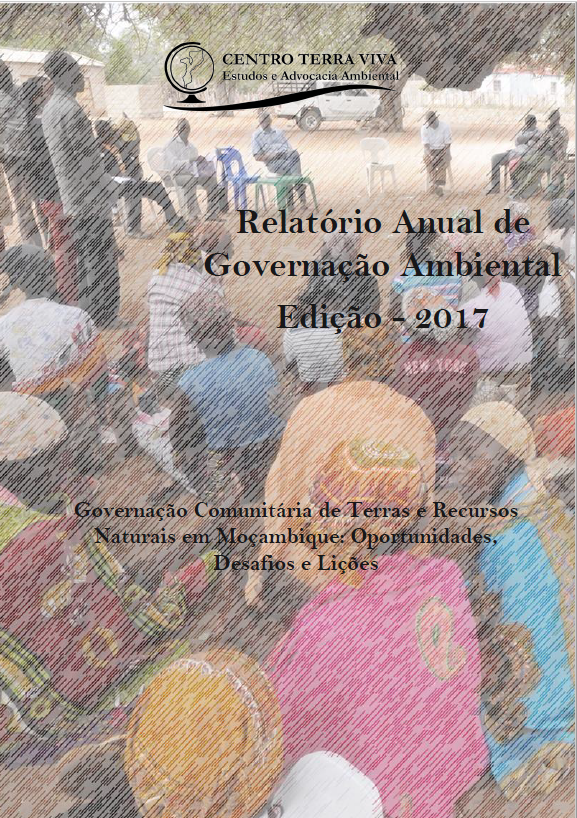La Industria de la Madera en el Perú
En 2003, la Unión Europea (UE) lanzo el Plan de acción sobre aplicación de las leyes, gobernanza y comercio forestal (Plan de acción FLEGT) para combatir la tala ilegal de madera, promover el consumo y la producción de madera de origen legal y, en última instancia, contribuir al manejo forestal sostenible y la reducción de la pobreza. Todo esto concluye mejoras en la gobernanza forestal y en la aplicación de las leyes, además de la promoción de industrias forestales legales y sostenibles.

